by Andrew Hinz
Bolton Hill is one of several Baltimore neighborhoods at risk from highly explosive crude oil trains. Bakken oil transported from North Dakota contains fracking chemicals and elevated levels of methane, making it more flammable than conventional oil.

Since the fracking boom began in 2008, the transport of crude oil by rail across North America has dramatically increased. A string of derailments has followed, including a July 6, 2013 disaster in Lac-Mégantic, Quebec that killed 47 people and destroyed 30 buildings. Rail infrastructure across the U.S., including in Baltimore, is under stress, increasing risk to those of us in the blast zone within a mile of the tracks.
In 2013 and 2014, more than 100 million gallons of crude oil were shipped by rail through Baltimore. Shipments of “unit trains” carrying 35 cars of crude oil have slowed since the price of oil dropped, but they could increase substantially if oil prices rebound. And it only takes one derailed tank car of Bakken crude oil to cause a fire and explosion. This volatile cargo also endangers infrastructure for general cargo and intermodal traffic, which bring more revenue and jobs to Baltimore and Maryland than bulk commodity shipments like crude oil.
Concerned officials at all levels of government are addressing this public health and safety issue. Maryland’s Attorney General has joined five other states in asking the federal government to limit the volatility of oil transported by rail. But it is uncertain whether federal authorities will act, making local action even more important.
Thankfully, City Council members Mary Pat Clarke and Edward Reisinger are co-sponsoring a zoning amendment to prohibit new or expanded crude oil shipping infrastructure in Baltimore City. The amendment will grandfather the two terminals currently operating, one in Canton and the other in Fairfield. Maryland’s General Assembly will consider legislation in the 2018 legislative session requiring more transparency in reporting of crude-by-rail shipments, increased emergency preparedness, and proof of insurance from rail companies, similar to a bill just passed by the New Jersey legislature.
Councilman Eric Costello, who represents our neighborhood, is currently undecided on the bill. You can write him at eric.costello@baltimorecity.gov to encourage him to support this important legislation.
The faster we move away from dangerous and polluting fossil fuel infrastructure like crude oil trains, the faster we can transition to job-creating clean energy projects like offshore wind and community solar.
If you’d like to find out more about the oil train issue, you can attend a screening and discussion of Bomb Trains: The Crude Gamble of Oil by Rail on Thursday, September 21, 6–8 pm at the First Unitarian Church of Baltimore at 12 West Franklin Street (use their Charles Street entrance to Parish Hall for the screening). This 23-minute film by Vice News outlines the use of defective DOT-111 oil tankers and the secrecy around rail oil shipments.
